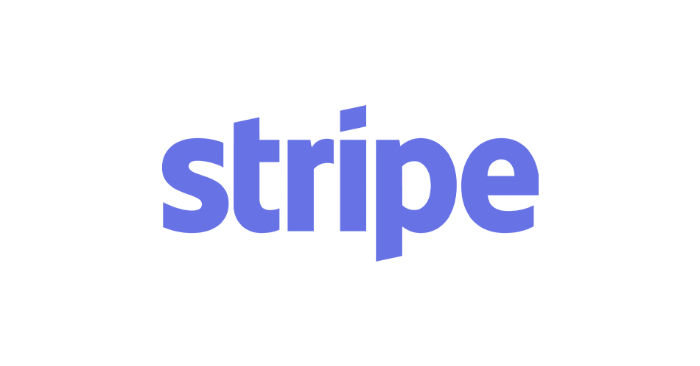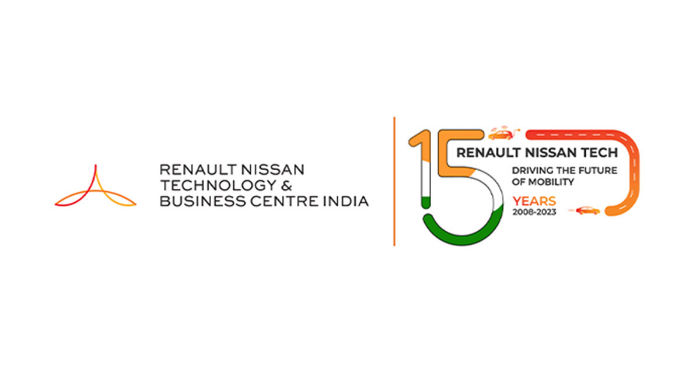Fintech Can Catalyse Women’s Participation in The Workforce
- Valerie Wagoner, Head of Product, APAC, Stripe
- in
- Career Development, Expert Advice, Working Women, Mentors Speak, Talent Management
- |
- 05 Sep 2022

In this blog for JobsforHer, Valerie Wagoner from Stripe outlines how fintech can drive positive outcomes for women: accelerating financial inclusion, improving the likelihood of their business succeeding and enabling them to take on a larger role in powering global fintech innovation.
The recent pandemic has demonstrated how tech can transform institutions and power industries across the board. Despite the strides we’ve taken towards advancing tech and its use, a critical aspect yet to be addressed is leveraging tech to increase women’s participation in the workforce. In countries like Japan, India, Bangladesh, Saudi Arabia, Algeria, Egypt, Tunisia and Turkey, women represent only 6–15% of business leaders. It gets more concerning when we consider current figures on the participation of women in the workforce. In India, it is estimated that only about 7% of urban women have paid jobs.
GDP expansion is harder when half the population in our countries don’t work. Women’s labour force participation and access to work are important elements to consider for inclusive and sustainable development. Women entering the workforce can spur innovation, increase productivity and propel the growth of the economy. In fact, research shows that women-led Micro, Small, and Medium Enterprises (MSMEs) on average generate higher profits and lower Non-Performing Assets (NPAs) when compared to male counterparts. While the case for increasing women’s participation in the workforce is clear, the mechanics of how this will happen is still uncertain.
I am of the opinion that driving workforce participation will require an ecosystem effort: with interventions across education, opportunities, and providing women social and financial support. As someone who’s spent the majority of my life working in financial services and the tech sector, I believe fintech can drive positive outcomes to address the issue at hand. Here’s how;
- Driving Financial Inclusion: While institutional efforts are being undertaken to educate consumers about financial services and their importance, fintech can bridge this awareness with access to low-cost, highly scalable solutions that address the needs of unbanked populations. Fintech players can and are developing tailored services that cater to the needs of women. This is important to integrate women into a country’s economic ecosystem and increase comfort in accessing and using financial services.
- Increasing access to credit: One of the primary challenges that women face is in accessing credit. Women entrepreneurs find themselves increasingly reliant on family networks to raise capital for their businesses as securing credit from institutions can be process heavy and daunting to many. At the core of inadequate access to credit is the issue of risk management. Fintech can address this with tech-enabled risk assessment models that enable easier disbursement of credit to support the growth of women-owned businesses.
- Enabling women to take on a larger role in driving global innovation: As an industry, there is much work to be done to increase women’s representation in fintech. Improving gender balance in fintech is necessary to develop products and solutions that address the needs of all users. The internet economy has blurred boundaries between what we consider to be ‘local’ and ‘global’. Financial infrastructure platforms like Stripe are committed to extending our outlook on diversity, working with local teams to offer them the opportunity to build products from India for the world. As an equal opportunity employer, we believe that diversity at the workplace builds customer empathy, and this enables us to build relevant products that meet the needs of our users.
- Supporting the rise of scalable businesses led by women: Women business-owners could potentially create 150-170 million jobs in India by 2030. Tapping this growth requires the creation of economic infrastructure for internet businesses that can offer women solutions that are customised to their needs. Solutions that help manage payouts, billing and other processes efficiently can help scale women-owned/led businesses nationally, or even globally.
I am optimistic about the impact that fintech can drive for women: accelerating financial inclusion, improving the likelihood of their business succeeding and driving positive outcomes in their quality of life. While institutions work towards addressing the socio-cultural concerns that hold women back from realising their true potential, fintech players can be important allies that drive meaningful change through technology.
About Stripe
Stripe is a financial infrastructure platform for businesses and aims to increase the GDP of the internet. Millions of companies—from the world’s largest enterprises to the most ambitious startups—use Stripe to accept payments, grow their revenue, and accelerate new business opportunities.
Stripes have the opportunity to make a lasting and positive impact on the world around them. Whether that’s helping bring better access to financial services to a new country, helping businesses protect and grow revenue, powering economic recoveries all over the world or working on initiatives like Stripe Climate.
If you’re interested in working with us, take a look at our Jobs page at stripe.com/jobs.








